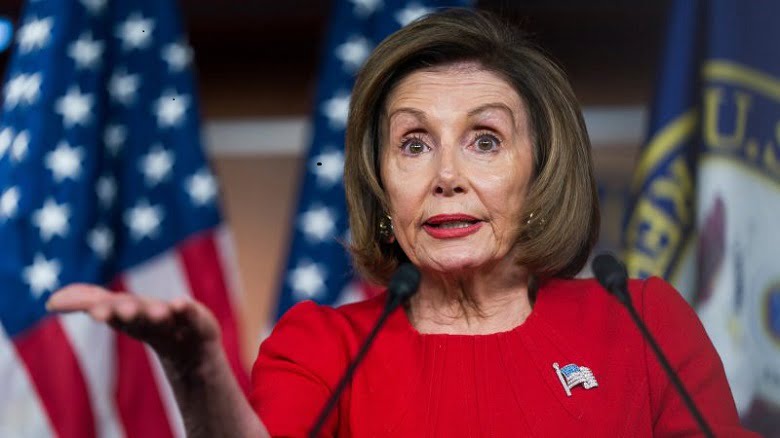The House passed legislation on Thursday aimed at reducing what liberals claim is “gender-based pay discrimination” and increasing employer accountability.
The Paycheck Fairness Act passed by a vote of 217-210, with Pennsylvania GOP Rep. Brian K. Fitzpatrick joining with Democrats in support.
House Democrats previously passed the legislation two years ago, but it never got traction in the Republican-controlled Senate.
Even though Democrats now hold the Senate majority, it’s unclear whether the bill will be able to secure enough votes to overcome a GOP filibuster.
Under the legislation, employers would be limited to justifying pay differentials in wage discrimination claims to “bona fide” factors such as education, training or experience and would be prohibited from retaliating against employees who compare salaries.
Employers would also be barred from inquiring about prospective employees’ salary histories during the hiring process.
Republicans are sounding the alarm on the bill.
Republicans warned that the requirements in the legislation would be overly burdensome for employers and mostly serve to inspire scores of lawsuits.
They also noted that some of the gender pay gap can be attributed to women choosing careers that allow for more flexible schedules so they have more time to care for their families.
“Women should not be paid less than men for the same work. That is not up for debate,” said Rep. Virginia Foxx, the top Republican on the House Education and Labor Committee.
But the bill, Foxx argued, “is a false promise that creates opportunities and advantages only for trial lawyers looking for easy payouts while causing irreparable harm to employers.
“This bill purports to champion equality for women. Yet it disregards the 40 percent of small businesses owned by women that will be forced to implement pay policies found in government-run workplaces and be stuck paying through the nose in compliance costs if this bill passes,” Foxx added.
New York Republican Rep. Elise Stefanik offered an alternative amendment that would protect employers from liability if it completes a wage analysis audit to determine if there are pay gaps among its workers.
It would have also similarly restricted employers from relying on prospective employees’ salary histories unless the person self-discloses during the interview process.
Stefanik’s amendment was rejected 183-244.
The bigger obstacle for the legislation will be the Senate, where Democrats will need 10 GOP senators to support it to overcome a likely filibuster. There’s no indication at this point that any Republicans back the measure.
The bill is so bad that even the U.S. Chamber of Commerce and several major industry groups came out in opposition to the Paycheck Fairness Act.
“The Paycheck Fairness Act is unequivocally the wrong approach to address the gender wage gap,” wrote Evan Armstrong, Retail Industry Leaders Association vice president of workforce policy.

